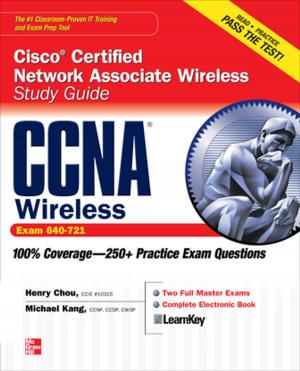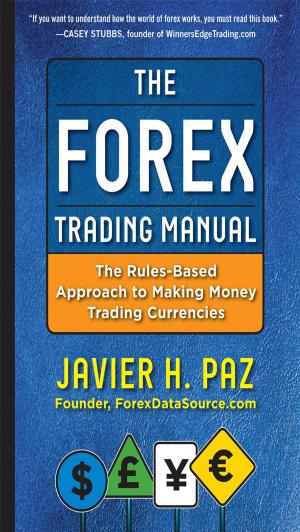The Last Economic Superpower: The Retreat of Globalization, the End of American Dominance, and What We Can Do About It
Business & Finance, Human Resources & Personnel Management, Training, Management & Leadership, Management| Author: | Joseph P. Quinlan | ISBN: | 9780071753531 |
| Publisher: | McGraw-Hill Education | Publication: | November 19, 2010 |
| Imprint: | McGraw-Hill Education | Language: | English |
| Author: | Joseph P. Quinlan |
| ISBN: | 9780071753531 |
| Publisher: | McGraw-Hill Education |
| Publication: | November 19, 2010 |
| Imprint: | McGraw-Hill Education |
| Language: | English |
The Risks and Rewards for the West in the Coming Multipolar World
"A marked shift has occurred in the tone and assumptions surrounding our national fortune. Nowhere is this better seen than in the second generation of books dealing with America’s financial crisis, particularly Joseph P. Quinlan’s The Last Economic Superpower."
New York Journal of Books
The global economy, designed by Western powers with the United States as lead architect, is in the process of reconfiguration. The 2008 global financial crisis has terminated America’s reign as sole economic superpower and opened up important new spheres of influence to developing nations.
Does this signal the retreat of globalization as we know it? Has an economic “cold war” already begun? Will the West ever exert the kind of control and influence it enjoyed just a few short years ago?
In The Last Economic Superpower, Joseph P. Quinlan, a Wall Street veteran and expert on global economic affairs, addresses these questions and many others. Presenting his vision with refreshing clarity and objectivity, Quinlan examines:
- How America went from being a major creditor to the world’s largest debtor nation in only two decades
- Five critical issues America must face in order to prevent permanent fragmentation of the global economy
- What the fading appeal of Europe and Japan means for the future of globalization
- What China, India, and others have that the West doesn’t--and why this gives them unprecedented leverage
Decisions made now will shape the course of history. The Last Economic Superpower outlines critical choices that must be made in order to recast, reinvent, and reenergize a new style of globalization.
The Last Economic Superpower lays bare the issues and challenges that will decide whether the world builds a new, functional system that serves all or fragments into separate spheres of influence, which benefits no one.
The Risks and Rewards for the West in the Coming Multipolar World
"A marked shift has occurred in the tone and assumptions surrounding our national fortune. Nowhere is this better seen than in the second generation of books dealing with America’s financial crisis, particularly Joseph P. Quinlan’s The Last Economic Superpower."
New York Journal of Books
The global economy, designed by Western powers with the United States as lead architect, is in the process of reconfiguration. The 2008 global financial crisis has terminated America’s reign as sole economic superpower and opened up important new spheres of influence to developing nations.
Does this signal the retreat of globalization as we know it? Has an economic “cold war” already begun? Will the West ever exert the kind of control and influence it enjoyed just a few short years ago?
In The Last Economic Superpower, Joseph P. Quinlan, a Wall Street veteran and expert on global economic affairs, addresses these questions and many others. Presenting his vision with refreshing clarity and objectivity, Quinlan examines:
- How America went from being a major creditor to the world’s largest debtor nation in only two decades
- Five critical issues America must face in order to prevent permanent fragmentation of the global economy
- What the fading appeal of Europe and Japan means for the future of globalization
- What China, India, and others have that the West doesn’t--and why this gives them unprecedented leverage
Decisions made now will shape the course of history. The Last Economic Superpower outlines critical choices that must be made in order to recast, reinvent, and reenergize a new style of globalization.
The Last Economic Superpower lays bare the issues and challenges that will decide whether the world builds a new, functional system that serves all or fragments into separate spheres of influence, which benefits no one.















